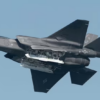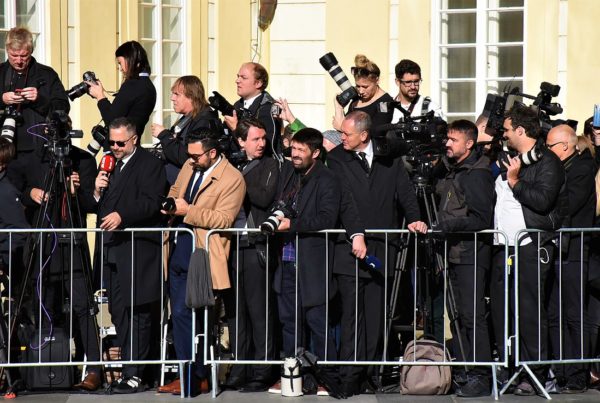(The following is a synopsis of the original article, “Protecting EURO 2016 and the RIO Olympics: Lessons Learned from London 2012,” written by Richard Walton and published by the Combating Terrorism Center at West Point.)
“The upcoming summer of sport brings unprecedented and unique security challenges. In the wake of Islamic State attacks in Paris and Brussels, the terrorist threat to the UEFA Euro 2016 football (soccer) tournament is more acute than for any international sporting event in history. Although the threat from Islamist terrorism is much less acute for the Rio Olympics and Paralympics, any Olympic Games is a potential terrorist target, especially in an age of increasingly globalized terror. The British experience developing and implementing a security plan to protect the 2012 London Olympics and Paralympics provides useful lessons for protecting large, international sporting events from terrorist attacks.”

The President of Brazil, Luiz Inácio Lula da Silva, holds a national flag during the celebration of the choice of Rio de Janeiro as the host city of the 2016 Summer Olympic Games. Image Source: Ricardo Stuckert for Agência Brasil.
This article by Richard Walton is a strategic, and tactical examination of the security threats facing EURO 2016, and the RIO Olympics. Utilizing his own experience designing the security plan to protect the London 2012 Olympic Games, Walton outlines ‘lessons learned,’ and applies them to the two biggest sporting events occurring this summer.
Interestingly, Walton states that the most important lesson learned from London 2012 was “that security is best achieved by gathering good intelligence, then analyzing and acting upon it quickly, supplemented by both a visible and invisible police presence on the ground.” He further states that, “Intelligence analysis needs to be supported by a multitude of modern surveillance tools linked to one command-and-control system. These technologies include advanced CCTV, ANPR systems, movement analysis of known suspects, and bulk data searching of flight and other manifests alongside additional covert surveillance methodologies.”
To read the full article, please follow this link.








